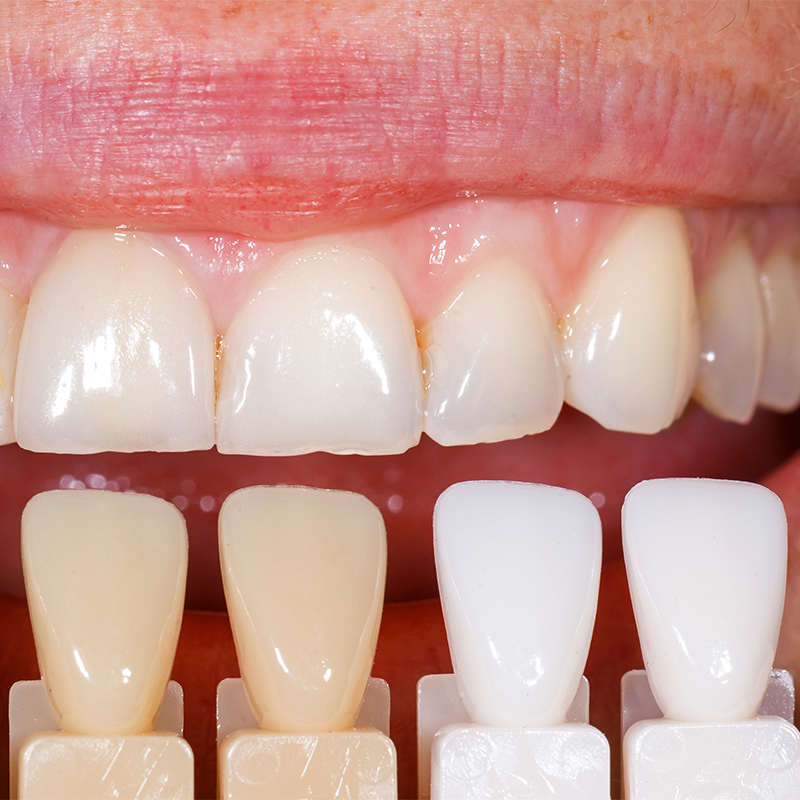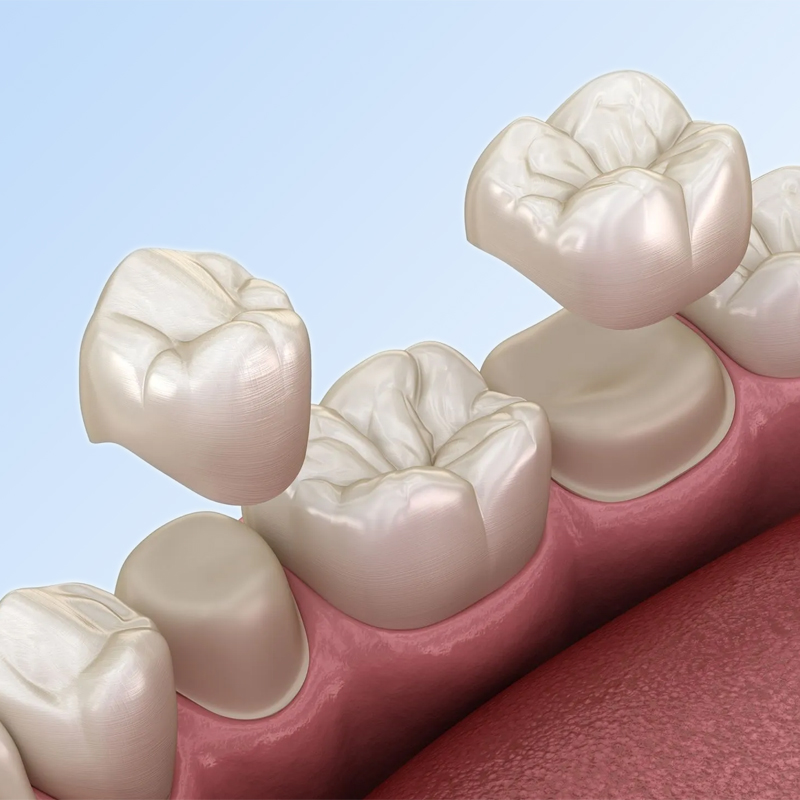Bone loss in the jaw can impact the ability to receive dental implants, but it doesn’t necessarily rule out the possibility. The success of dental implant placement in cases of bone loss depends on the extent and location of the bone loss, as well as the available treatment options. Here are some considerations:
Bone Grafting:
In cases of mild to moderate bone loss, bone grafting procedures may be performed to augment the bone volume in the jaw. This involves adding bone graft material to the deficient area, promoting the regeneration of new bone.
Sinus Lift:
If the bone loss is in the upper jaw and involves the sinus cavity, a sinus lift procedure may be recommended. This involves lifting the sinus membrane and placing bone graft material to support the implant.
Short Implants:
Short implants are available for situations where the available bone height is limited. These implants are designed to engage the available bone and provide stability.
Angulated Implants:
Angulated implants can be used to maximize the use of available bone by angling the implant in a way that utilizes the existing bone structure more effectively.
All-on-4 or All-on-6 Procedures:
These procedures involve placing fewer implants to support a full arch of teeth. They are designed to optimize the available bone and provide stability for a fixed prosthesis.
3D Imaging and Guided Surgery:
Advanced imaging techniques, such as cone beam computed tomography (CBCT), allow for detailed three-dimensional assessment of the jawbone. Guided surgery using this technology can enhance the precision of implant placement.
It’s important to note that the suitability for dental implants in cases of bone loss is determined on an individual basis. A comprehensive evaluation by a dental professional, often involving imaging studies, is necessary to assess the bone quality and quantity. The dentist or oral surgeon can then recommend the most appropriate treatment plan based on your specific situation.
If you’re considering dental implants and have concerns about bone loss, it’s recommended to consult with a qualified implant dentist or oral surgeon. They can provide a thorough assessment and discuss the potential treatment options available to you.




